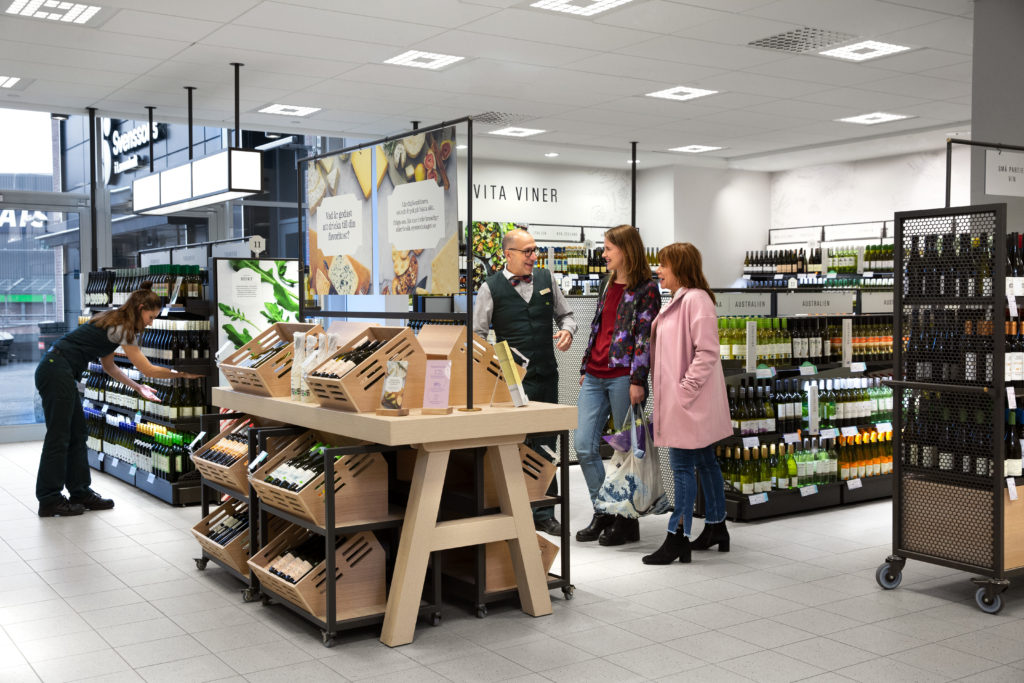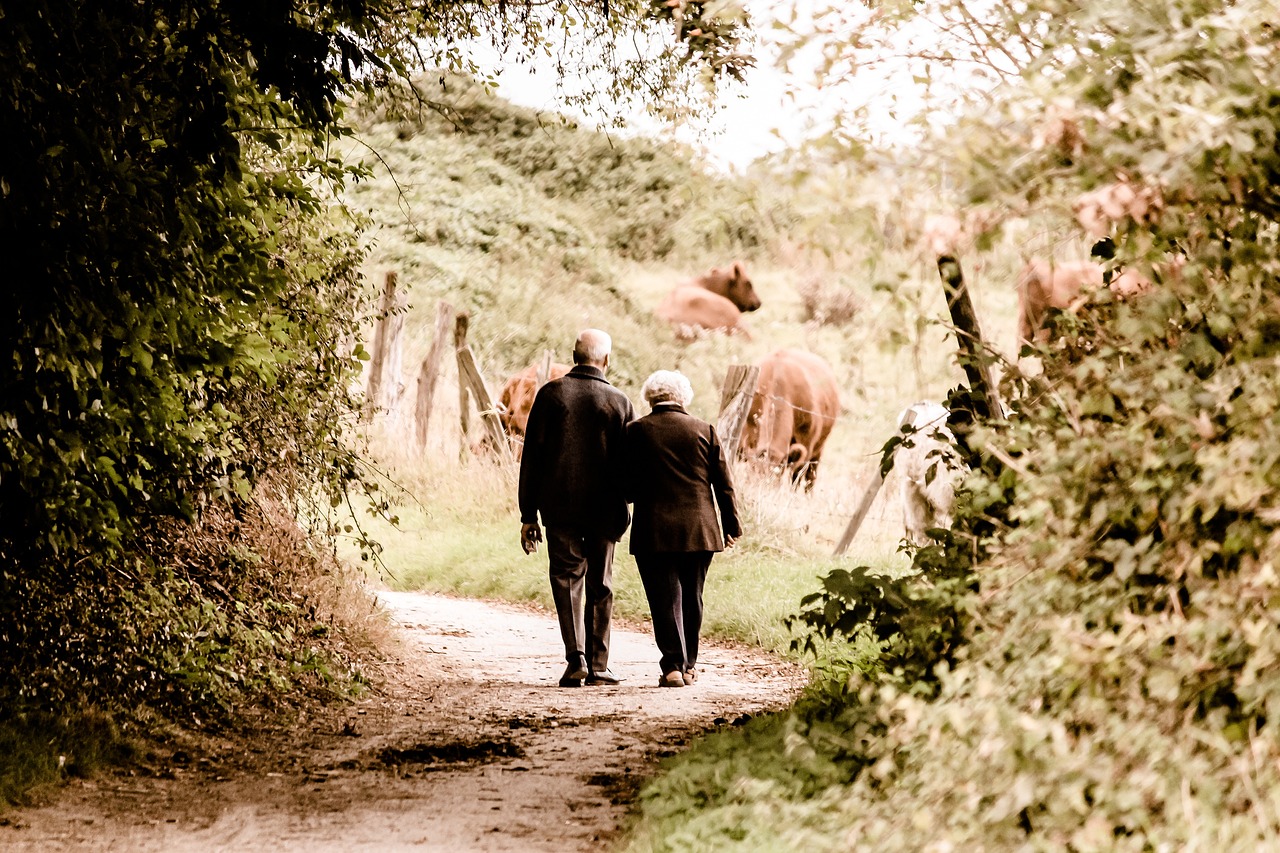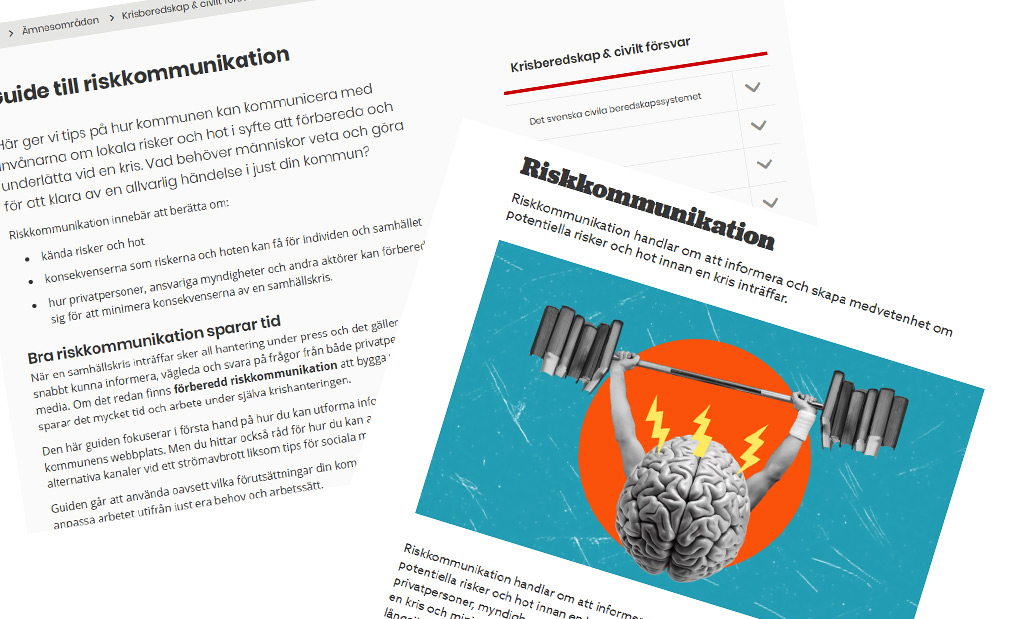16 years of academic excellence and practical relevance in Family Entrepreneurship and Ownership.
What is the role played by the Systembolaget in the Swedish society?
Typically, on Friday evening I found myself stressed because I have to wrap up my businesses and run to Systembolaget to buy some alcoholic beverage, before it closes. As most of us, I often ask to myself: “Why do we need this?”

Well, it has been widely argued that Systembolaget plays the important role of regulating the alcohol consumption which would benefit the Swedish society at large. However, from time to time this role is challenged by research External link, opens in new window. demonstrating its inability to reduce alcohol consumption. This creates the increasing feeling among public opinion External link, opens in new window. that Systembolaget has in fact exhausted his institutional role and thereby it may be time to review it. To put it simple, the buzzing question is: “what is today´s role of Systembolaget? Do we still need to keep it?”
Here I need to be careful because I am trying to “penetrate” a culture that is not mine. Yet, it seems to me that consuming alcohol in Sweden is like committing a sin. The idea of alcohol and sin is not really my own. It came to my mind in 2012, when due to my research about wine consumption I was visiting an interesting exhibition at the Alcohol Museum in Stockholm (i.e. Spritmuseet). The exhibition was called: “den Svenska synden” (i.e. the Swedish sin). Particularly, I refer to the letter written by Susan Sontag about Sweden and that was part of the exhibition as a key document illustrating the Swedish alcohol culture. She writes: “Such an uptight world has to have a safety-valve. Here it’s drink. Alcohol has the status in Sweden of a mythic substance: the magic elixir that gives one permission to release aggressions, allow intimacy.”
Now, if one would view alcohol consumption as a sin, the role of the Systembolaget would be of regulating and controlling how and when committing a sin is allowed (or prohibited).
In here, the ritual lens can be meaningful in providing substantial theoretical ground. One of the most influential anthropologists, Mary Douglas (1966) explains to us that social world can be understood in a binary fashion such as “purity and danger”. There are things that can be done (purity) and things that cannot be done (danger). As a sin, in Sweden the alcohol consumption belongs to the category of danger (cannot be done). However, when ritualized alcohol becomes, only temporary, an allowed category or as Douglas would say it becomes “pure”. In other words, it is thanks to rituals that individuals learn how to do it right and help to transit from one thing to another (Van Gennep, 1909). That is because rituals provide that extraordinary social space, temporary suspended from the everyday morality and norms and wherein special things are allowed.
For instance, it is allowed to binge drinking on the following Swedish cultural rituals such as: Friday or Saturday afterwork, celebrating school graduation, marriage, national holidays like midsommar and so on. On the contrary, it is prohibited to drink on a work day, before lunch, when driving or even biking, if one is pregnant, drinking with children present or even drinking alone is not really socially recommended.
Thus, following the above theories, it can be argued that Systembolaget plays a vital role: to manage that “safety-valve” – as Susan Sontag brilliantly identified in her letter – or the rituals from a socio-anthropological perspective that gives one permission to commit a sin, so as the sin become allowed.
Why? Probably to temporary suspend that strict morality around alcohol consumption and therefore executing a sort of control over it. What if the Systembolaget would disappear and thus allowing Swedish to freely go to a Supermarket to buy booze whenever they want? Who will tell us how to transit from danger to purity?
In other words, from a socio-anthropological perspective Systembolaget is an important Institution that explains to us what can be done and what cannot be done by safeguarding those rituals that allow us how to transit from one category to another. In so doing, it secures moral order and control over the Swedish society at large.
There is more.
Sweden is famous around the world because of its monopoly of alcohol. These two things, alcohol and the monopoly are indeed part of the Swedish collective identity. Young people become adult through the rite of getting drunk. Adulthood is fully reached at the age of 20, when one can go to the Systembolaget to buy alcohol. Drinking “snaps” and singing snapsvisor such as “helan går” or “hej tomtegubbar” it is also part of the national identity (and indeed are national rituals). As well as Swedish learn through the opening hour policy how to plan their alcohol consumption ahead and be responsible.
What would we be without it? We don’t know. We need to keep it. It’s an existential question really, and not a strictly rational one that can be answered with cold numbers.

Luigi Servadio, Ph.D.
luigi.servadio@ju.se
Detta är en bloggtext. Det är skribenten som står för åsikterna som förs fram i texten, inte Jönköping University.





